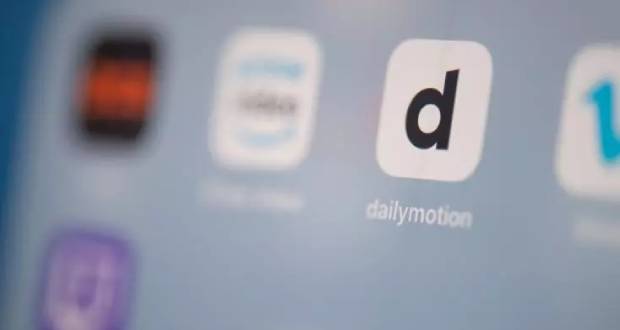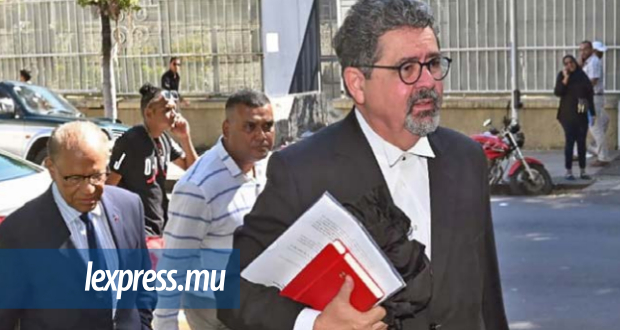Publicité
Polarizing billionaire lobbyist narrowly nominated to shape education policy
Par
Partager cet article
Polarizing billionaire lobbyist narrowly nominated to shape education policy

US President Donald Trump’s latest sound bites and tweets continue to make top headlines in media, but the controversial senate confirmation of his nominee for Secretary of Education this week was far more important.
Betsy DeVos will be the next head of the US Dept. of Education, which sets education policy and ensures equal access to education for all Americans. Her personal background and conservative religious agenda will influence how and where future generations of young students in the US learn. This has alarmed many concerned Americans and ignited a debate about public education in the United States.
DeVos was born into a wealthy Michigan family in the 1950s that used money made from the auto parts industry to fund right-wing political candidates and causes. She is a billionaire and devout Christian conservative who once said her mission in education is to “advance God’s kingdom.” With her husband, who hails from one of the richest families in the world, she started an investment management firm and also worked as a lobbyist. Her brother is the founder of the notorious private military contractor formerly known as Blackwater USA. More important than her background however is the fact that DeVos has never taught in, worked in or sent her children to a public school, which nine out of 10 US students currently attend.
In the US, students under 18 years of age typically attend a public school close to where they live. National polls show that most people are satisfied with their neighbourhood schools. DeVos however has long lobbied against America’s public education system and called it a “dead end” because of various problems with the vast system responsible for millions of students. She advocates instead for “school choice,” or options for students to choose private schools, charter schools, homeschooling, and online learning as possible educational choices. Critics view this as an attempt to privatize education and turn it into a free-market system in which public funding could then be diverted to private and religious schools.
DeVos was only narrowly confirmed as the next US Secretary of Education because of her questionable approach to education reform and poor performance during senate confirmation hearings. She failed to answer or did not understand many important questions posed by senators about her education qualifications and agenda. When questioned about why charter schools she backed in Michigan underperformed public schools DeVos would not concede that unregulated, for-profit charter schools had less oversight and accountability for student academic progress. She did not understand questions about federal education laws regarding students with disabilities and methods of evaluating student performance. When asked for her stance on the guns-in-school debate, DeVos stammered and cited the grizzly bear threat to a school in the remote American West as a reason why weapons might be needed at educational institutions. Several Republican senators were so unenthused that they opposed DeVos along with Democrats resulting in a deadlocked 50-50 senate vote for her confirmation. For the first time in American history, the US vice president had to cast a deciding vote in order to get a presidential nominee approved!
With no experience in government or qualifications to run a major federal bureaucracy, DeVos is about to usher in a new era of US education policy that will impact the lives of millions of American students. She must recognize that even if students are given more choice on where and how to receive an education they may be unable to attend schools outside their local neighborhoods due to lack of daily transportation or other hurdles. Her education policies could segregate American students by enabling those with means to select their schools, while those without will remain in the steadily de-funded public system. Also, a decentralized school system would make it more difficult than ever to gauge the academic progress of US students at different types of schools with each other and with other countries. As the newly designated protector of US students DeVos must not take resources from the masses to serve the interests of a few who under the guise of choice want to attend exclusive schools and demand a share of the federal education budget.
Publicité
Les plus récents






